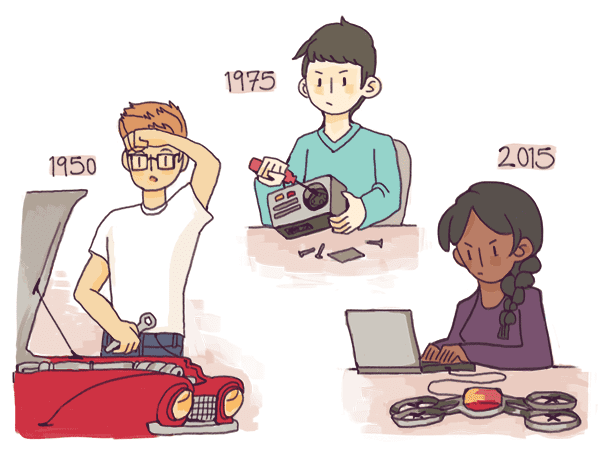Theory of Constraints 103: The Four Fundamental Principles of Flow
A SERIES OF 5-MINUTE POSTS ON APPLYING PRINCIPLES OF FLOW TO KNOWLEDGE WORK
In the previous post, I described how many companies’ embrace of local optima leads to overwork and burnout for employees, and reduced throughput and profitability for the bottom line.
Before we look at what TOC proposes as a solution, we have to take a brief look at the history of flow, beginning with Henry Ford.











